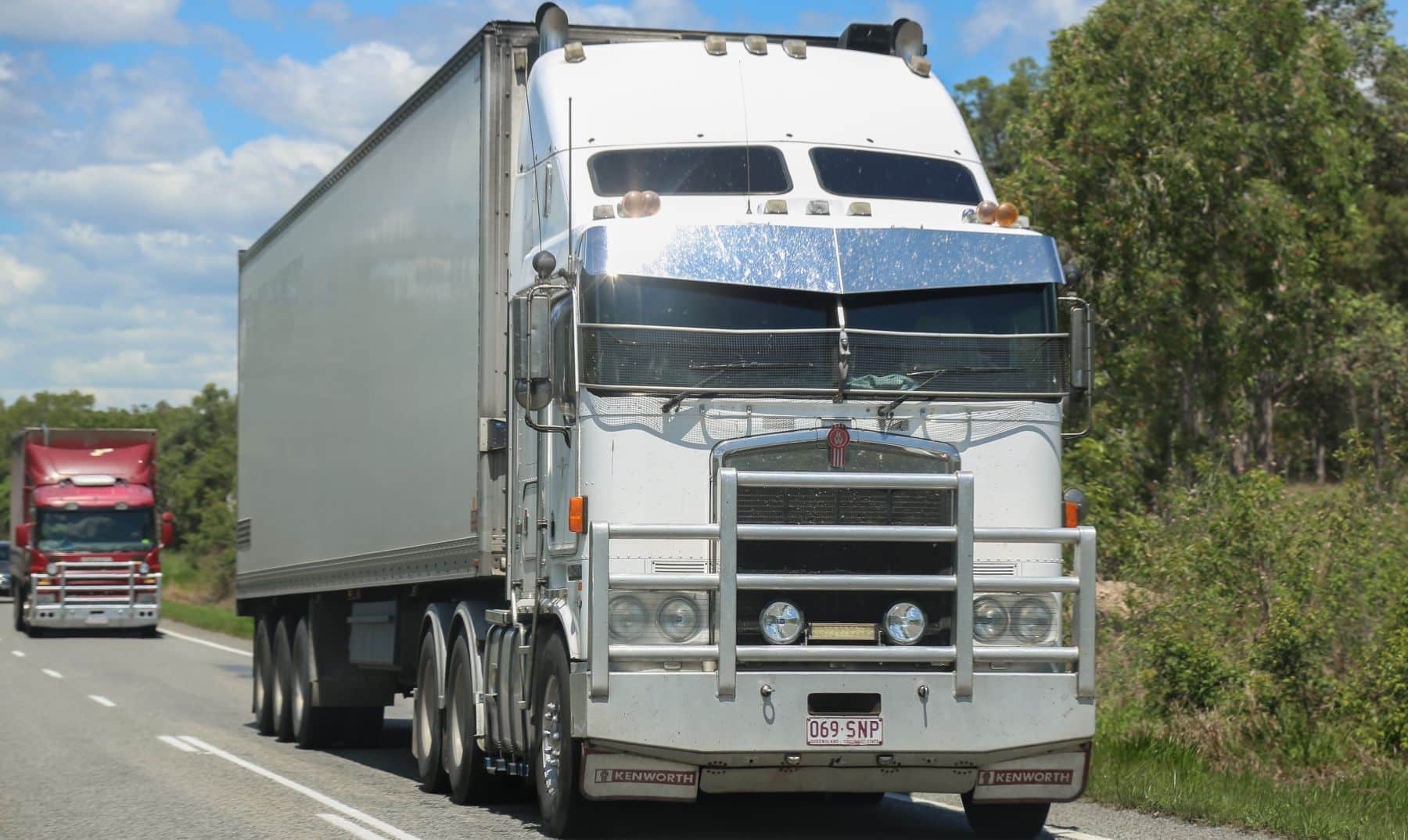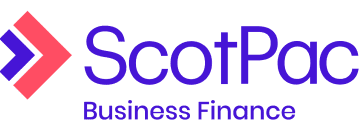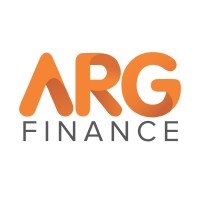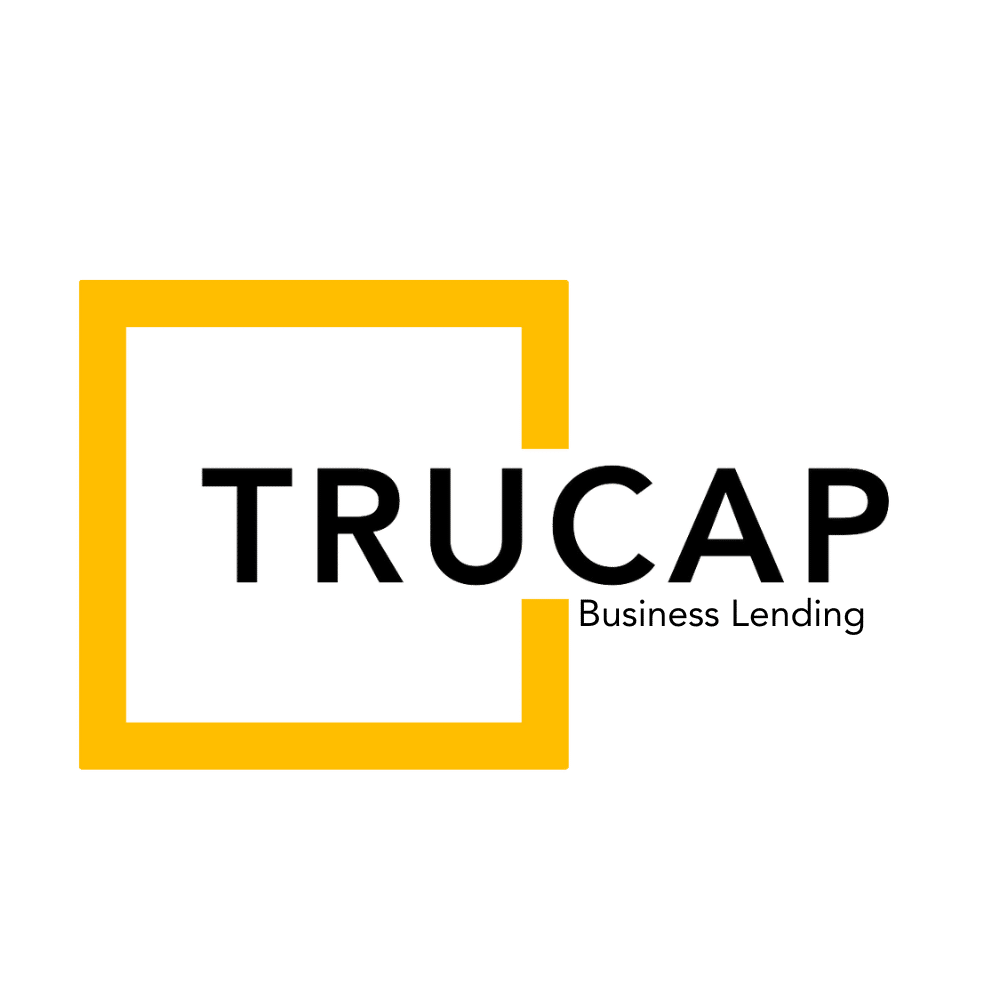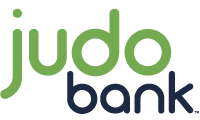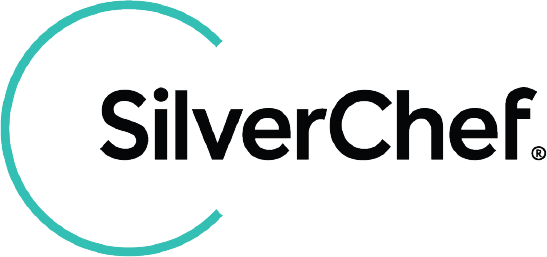How can I finance my truck purchase?
As a business owner, you’ll have a variety of finance options to choose from when it comes to financing your new or used truck:
Chattel mortgage
A chattel mortgage is a type of secured commercial loan for the purchase of business assets like trucks. The truck itself serves as collateral for the loan. Under a chattel mortgage, you’ll own the truck from the start of your term, which you can then repay with fees and interest over one to seven years. You’ll have the option of a balloon payment as well.
Because the truck acts as collateral for the loan, you’ll generally be offered a lower interest rate and potentially a higher borrowing power than an equivalent unsecured loan. However, your truck will need to meet your lender’s criteria relating to age, make and condition to qualify for a chattel mortgage.
Finance lease
If you don’t wish to buy the truck outright, you can opt for a finance lease instead. With this agreement, you’ll essentially rent your truck for a set term of one to five years with interest and fees. At the end of your term, you’ll be required to pay a residual by doing one of the following:
- Pay the residual out of pocket and buy the truck outright for your business
- Sell the truck, use the funds to pay the residual and end your lease
- Sell the truck, use the funds to pay the residual and start a new lease with a different truck
- Refinance the residual and extend your truck lease
Operating lease
With an operating lease, you also rent your truck over a set period. However, you’ll be able to return it to your leasing company at the end of the term without needing to pay a residual. This option is common with companies that want to regularly refresh their fleet. Operating leases are usually fully maintained, meaning running costs are included in your regular payments.
Unsecured truck loan
If the truck you want doesn’t meet your lender’s criteria, you may be eligible for an unsecured business loan. Unlike a chattel mortgage, these loans don’t require any collateral, making them more widely accessible to businesses of all shapes and sizes. These loans are quick to process but often offer lower maximum amounts with higher interest and fees.
Low doc truck loans
Low doc business finance options are popular among sole traders and self-employed individuals due to their speed and convenience. As the name suggests, these loans don’t require as much in the way of documentation. As a result, they’re common for businesses with an ABN that’s 12 months old or operators that own property in their name or their business’.
What will my truck finance interest rate be?
The lowest truck loan interest rates available through Savvy’s lending partners right now are:


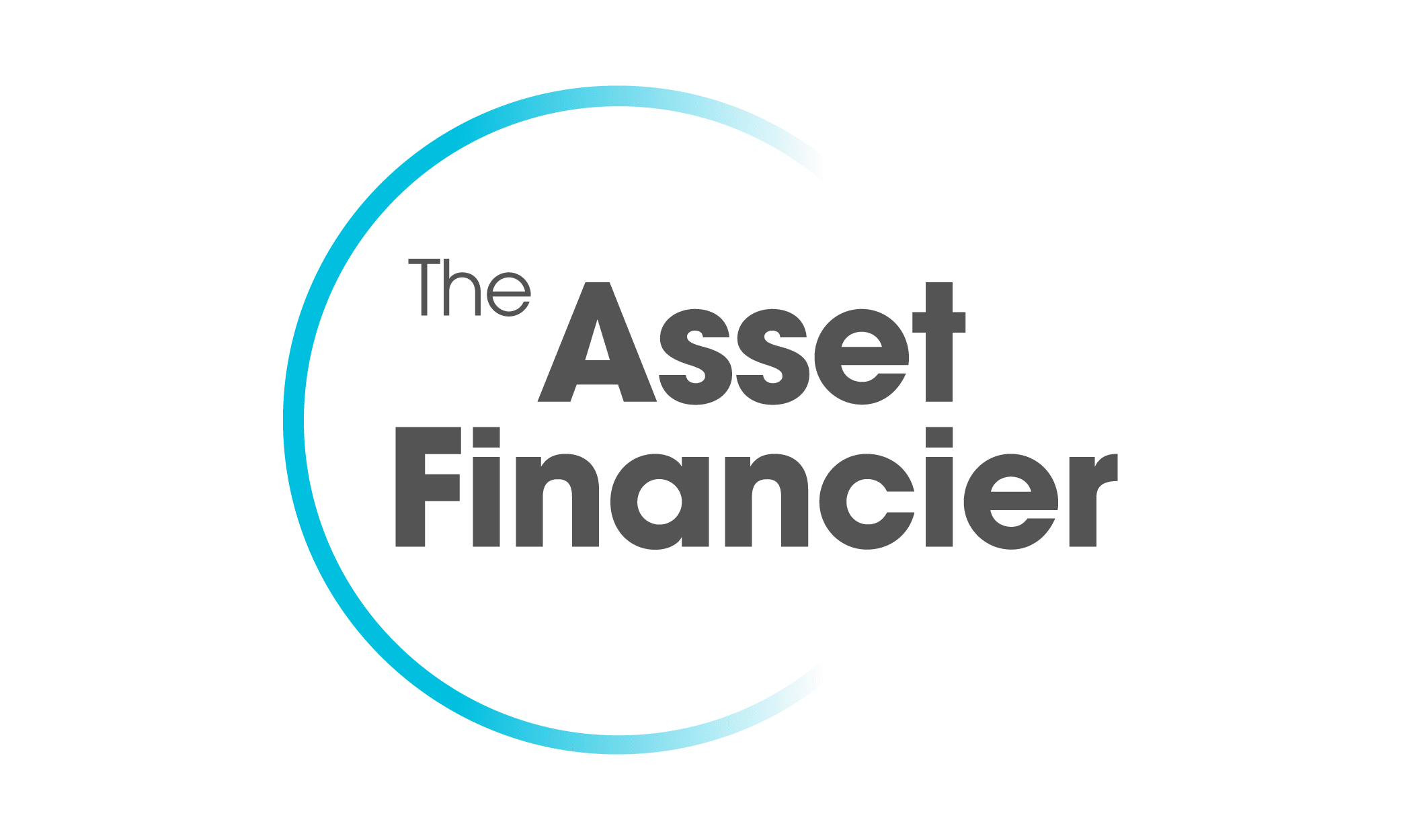






Rates correct as of February 2026. Rate quotes based on a loan term of five years, asset value of $50,000, ABN length of eight years and GST-registered for four or more years.
The average truck loan interest rate for successful applicants through Savvy was 13.62% p.a. across the 2024-25 financial year. However, there’s a range of variables that impact the interest rate you’ll be offered on your truck loan by your lender, including:
- Your business’ successful running time: the longer your business has been operating and the more comfortable it is financially, the better in the eyes of lenders.
- Your business’ credit score and history: higher credit scores and a record of repaying similar debts without issue will help secure a lower rate.
- Your truck’s age, condition and resale value: lenders will always have an eye on how much they can recoup if you fail to repay the loan, so newer models that retain their value well are more likely to net the lowest rates.
- The size of the loan: larger loans mean more to lose for a lender if you default. Opting for a cheaper model or paying a sizeable deposit can help lower your rate.
Truck finance benefits
The main advantage of a commercial finance agreement for your truck is the tax benefits your business can benefit from. What these are will depend on the type of finance you decide to go with. Here’s a rough breakdown of what you may be able to claim under each finance option:
Chattel mortgages and business loans
- Interest on the loan
- GST on the purchase of the truck
- On-road costs like insurance premiums, registration and servicing
- Depreciation of the truck
Finance and operating leases
- Truck lease payments
- On-road costs like insurance premiums, registration and servicing
- GST on the purchase of the truck (claimed by your leasing company)
- Depreciation of the truck (claimed by your leasing company)
As you can see, leases allow you to claim up to the full payment, while loans allow the interest to be claimed. However, you must only claim up to the business portion of your truck’s use.
If you use the truck to get around outside of commercial usage 5% of the time, for example, you must take this into account and only claim up to 95% of the eligible costs. Speak with your accountant or tax professional to understand what your business can and can’t claim.
Instant asset write-off
If your business has an annual turnover of less than $10 million, you may be eligible for the instant asset write-off (IAWO) scheme, which the Australian Government has extended into the 2025–26 financial year. This allows you to claim an immediate deduction for the business portion of a commercial asset costing up to $20,000.
While nearly all trucks exceed this threshold, you can still fit out your vehicle with things like toolboxes, pallet jacks and tailgates that can be written off instantly.
What trucks can I finance?
You’ll be able to finance a wide range of trucks with a loan or lease, whether it has four wheels or 18 of them. This includes both new and used and from dealerships, auctions or private sales.
Some of the most popular makes financed through Savvy range from large Kenworth trucks to small and medium Isuzu, Hino, Nissan and Mitsubishi varieties.
Isuzu, Hino and Mitsubishi were the most popular truck makes financed through Savvy between July 2024 and June 2025. This correlates with trucksales data, which lists these three makes as the most popular light-duty and medium-duty trucks on the market.
Here’s a list of some truck types that we can help you with:
- Concrete trucks
- Crane trucks
- Curtainside and tautliner trailers
- Hooklift and skiploader trucks
- Livestock trucks
- Low loader trailers
- Pantech trucks
- Prime movers
- Rigid trucks
- Road trains
- Service vehicle trucks
- Tipper trucks
- Tow and tilt tray trucks
- Tray trucks
- Vacuum and tanker trucks
How much will my truck finance deal cost?
The cost of your truck finance deal comes down to factors like your interest rate, fees, loan size and term length. That means it’ll be different based on every business and truck. We’ve broken down some examples of different trucks to show how much different deals may cost:
Scenario #1: Buying a light truck
Samantha needs to buy a light truck for her small grocery business. She looks online and finds an older used model available for $37,500. The next step is searching for the best available loan deal for her situation, so she compares her options and gets a few quotes from different lenders:
| Loan amount | Interest rate | Loan term | Monthly repayment | Total interest paid |
|---|---|---|---|---|
| $37,500 | 12.00% p.a. | Three years | $1,246 | $7,340 |
| $37,500 | 12.25% p.a. | Three years | $1,251 | $7,501 |
| $37,500 | 13.00% p.a. | Three years | $1,264 | $7,987 |
| $37,500 | 14.25% p.a. | Three years | $1,287 | $8,804 |
| Interest rates are used for illustrative purposes only and aren’t necessarily reflective of the rate you’ll receive on your truck loan. | ||||
By crunching the numbers, Samantha settles on the 12.00% p.a. loan, as that one will charge the least interest overall. Although interest is tax-deductible on the business portion of the loan, she’ll be using it for private purposes now and then, so it’s still important to consider.
Scenario #2: Buying a semi-trailer
Antonio is on the hunt for a new semi-trailer for his large transport business. The brand-new truck that catches his eye is $320,000. However, he’s unsure how long he should take to repay the loan, so he works out how much it’ll cost for different term lengths:
| Loan amount | Interest rate | Loan term | Monthly repayment | Total interest paid |
|---|---|---|---|---|
| $320,000 | 8.50% p.a. | Four years | $7,887 | $58,598 |
| $320,000 | 8.50% p.a. | Five years | $6,565 | $73,917 |
| $320,000 | 8.50% p.a. | Six years | $5,689 | $89,614 |
| $320,000 | 8.50% p.a. | Seven years | $5,068 | $105,685 |
| Interest rates are used for illustrative purposes only and aren’t necessarily reflective of the rate you’ll receive on your truck loan. | ||||
Given that the trucks are used exclusively for business purposes, the full interest bill is claimable as a tax deduction. As a result, Antonio decides to choose a seven-year loan for the semi-trailer, as this eats into his business’ monthly funds the least.
Scenario #3: Deciding between new and used
Owen isn’t sure what type of truck to buy, including whether he should select a new or used model. He’s narrowed his focus down to two models and runs the approximate numbers of what they might end up costing overall:
Isuzu N Series NPR 45/55-155 Tradepack
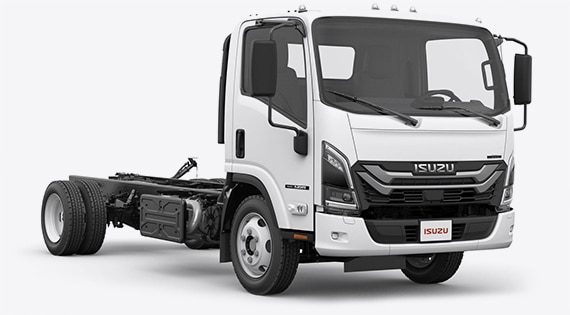
| Year | Loan amount | Interest rate | Monthly repayment | Interest payable |
|---|---|---|---|---|
| 2020 | $60,000 | 15.81% p.a. | $1,453 | $27,182 |
| 2025 | $87,210 | 11.46% p.a. | $1,916 | $27,763 |
|
2020 2025 |
|
$60,000 $87,210 |
|
15.81% p.a. 11.46% p.a. |
|
$1,453 $1,916 |
|
$27,182 $27,763 |
Mitsubishi Fuso Canter 515 Wide Cab Pantech 2.8m
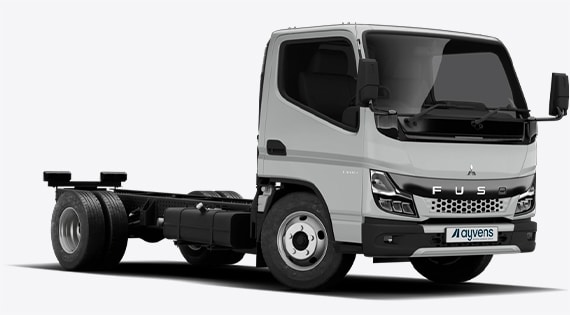
| Year | Loan amount | Interest rate | Monthly repayment | Interest payable |
|---|---|---|---|---|
| 2019 | $45,000 | 15.81% p.a. | $1,090 | $25,783 |
| 2025 | $80,990 | 11.46% p.a. | $1,780 | $27,763 |
|
2019 2025 |
|
$45,000 $80,990 |
|
15.81% p.a. 11.46% p.a. |
|
$1,090 $1,780 |
|
$25,783 $27,763 |
New truck prices sourced through provider websites. Used truck prices based on current sales listings sourced through trucksales in August 2025. Interest rates based on average new and used truck loan interest rates approved through Savvy during the 2024-25 financial year. Calculations are based on five-year loan terms and don’t include other costs associated with truck purchases, including loan fees, insurance, registration and other on-road costs.
With those rough calculations in mind, Owen decides that a used truck is the best option for his business. He decides to go with the 2020 Isuzu N Series NPR because it’s slightly newer and the loan remains affordable each month.
Business loan calculator
Crunch the numbers to see what your repayments could look like
Your estimated repayments
$98.62
| Total interest paid: | Total amount to pay: |
| $1233.43 | $5,143.99 |
How much should I spend on a truck?
Obviously, the amount your business should spend on a truck will be dependent on its specific circumstances. The average finance amount for all trucks was $85,847, with a median age of eight years old. However, Savvy helps businesses both big and small.

How business borrowing changes over time
"Starting out in the first year or two, businesses can’t qualify for the largest loans. Once it reaches three years, though, they usually have a reasonable track record to fall back on, which allows them to borrow far more. This means they’re in a better position to expand their business operations and upgrade their assets, such as trucks.
Many successful businesses will have more money in the bank by the time they’ve been running for eight to ten years, so the need to borrow shrinks. That’s why the average loan for businesses with eight or more years in operation is lower than for two-year-old businesses."

Why apply for a business loan with Savvy?
Expert brokers
You can speak with one of our specialist commercial brokers who can walk you through a range of loans to best suit your company's needs.
Over 40 lending partners
You can compare business loan offers, through a range of trusted lenders, maximising your chances of a great rate.
Fast online process
You can fill out our simple online form to generate a free business finance quote within minutes. You can also come back to it at any time.
How to apply for truck finance through Savvy
-
Complete our online form
Tell us about yourself, your business and the truck you want.
-
Upload your documents
Send any documents required for verification.
-
Chat to your broker
We’ll give you a buzz to talk through your truck finance options.
-
Have your application prepped
Your broker will put together your application and submit it to your lender.
-
Get approved and sign off
Once formally approved, we’ll settle the loan and the truck is yours!
Which truck finance option is best for my business?
The right finance product will depend on how your business operates and what you need from your truck.
- If you want to own the truck from day one: a chattel mortgage is likely the best option in this case. You’ll take full ownership at purchase, which means you can claim depreciation and interest expenses, and potentially benefit from IAWO for your truck’s fit-out.
- If you want lower upfront costs but still plan to own the truck: a finance lease could be a good fit here. You lease the truck over a set term, then pay the residual amount at the end to take ownership. This lets you keep monthly costs down while working towards buying it down the track.
- If you want to regularly upgrade your truck fleet: operating leases may be the most suitable option in this situation. This allows you to return the truck at the end of the term with no residual to pay, giving you the flexibility to refresh your fleet every few years and reduce admin in the process.
- If you’re buying an old truck or one in poor condition: an unsecured business loan could be an option if the vehicle doesn’t qualify for secured finance. This may suit new or small businesses with less borrowing power, but expect higher interest rates and repayments compared to secured loans.
If you still aren’t sure which option is the best fit, one of our experienced brokers can walk you through your choices and help tailor a solution to your business.

Truck fleet finance is easier than you think
"If you need to finance multiple trucks for your business, it’s possible to do so on a single contract. It’s straightforward when they’re all from the same dealer. Financing new trucks from multiple suppliers can also be done on one contract. However, if you’re financing used trucks from different suppliers, this will generally require separate contracts."

- Road Vehicles Australia – January 2024 - Bureau of Infrastructure and Transport Research Economics

